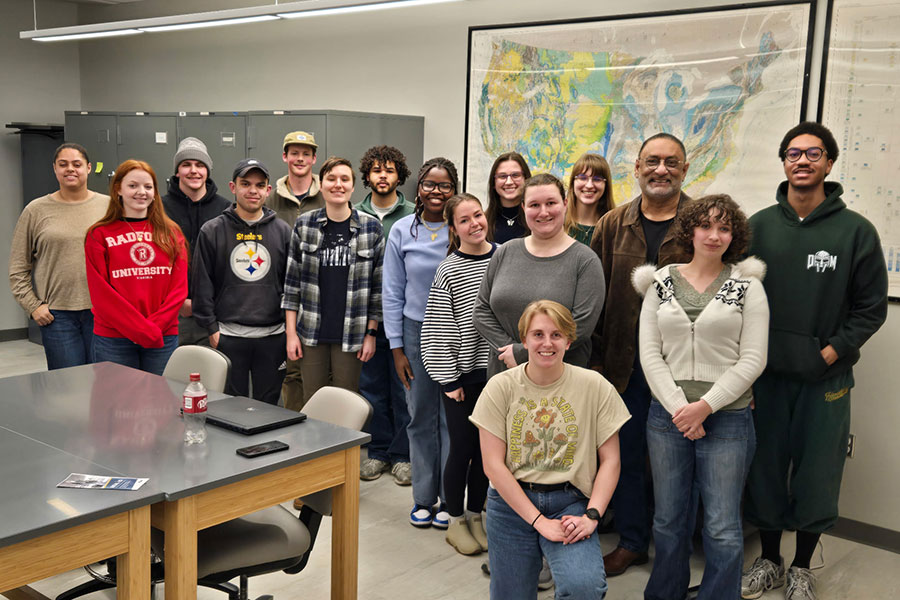Radford University
Radford News
Latest News
-
Radford College of Nursing negotiates agreement with Virginia Tech
February 26, 2026
High-achieving students at Virginia Tech now have a clearer and faster path to becoming Highlander nurses through a newly signed agreement.

-
The team will compete in the national championships March 6-8 in Cape Coral, Florida.

-
Radford students preparing for spring break trip to explore, research national parks in western U.S.
February 25, 2026
A group of Radford students are getting a unique opportunity to explore and conduct research at national parks.

-
Radford University helps address Virginia’s teacher shortage through targeted licensure support
February 20, 2026
Radford University launched a targeted scholarship initiative to support provisionally licensed teachers in completing their licensure requirements.

-
Advocacy Day connects students with Virginia lawmakers
February 20, 2026
Radford University students spent Feb. 3-4 at the Capitol in Richmond, Virginia, for the university’s annual Advocacy Day.

-
Highlanders in the News: Week of Feb. 16, 2026
February 20, 2026
Matthew Bagley ’15 – aka musician Alexander Mack – enjoys a brush with Grammy glory; veteran seafarer Erica Custis ’99 gets props from Marine Log magazine; and journalist Marty Smith ’98 reflects on his past with the Post.

-
Jobs for Virginia Graduates event gives college careers some ignition
February 19, 2026
Held Feb. 12 at Kyle Hall, the statewide JVG Ignite competition – designed to demonstrate innovation, knowledge and preparation – saw five students receive $1,000 each in Radford University scholarship funds.

-
Radford University Board of Visitors will consider tuition and mandatory fees for the 2025-2026 academic year at its next quarterly meeting.
